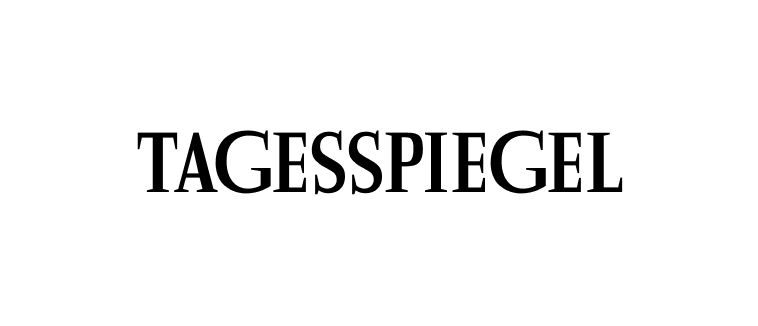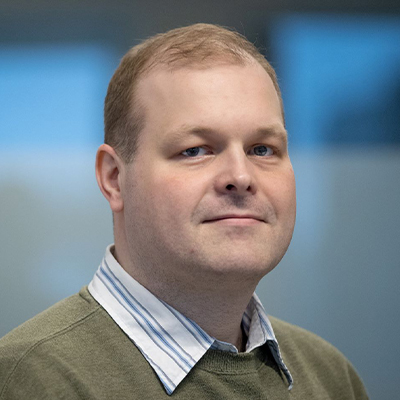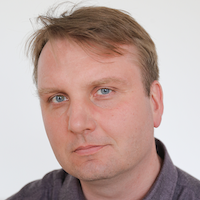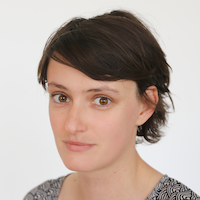Hi from Berlin,
Winter is almost over, and the apocalypse didn’t happen. That was the working title we jokingly chose last Wednesday when we brainstormed on this issue.
Social unrest, large-scale blackouts and no heating in freezing homes were some of the worries we heard last summer about the impending cold season. They were not making us feel cosy at all. It seemed that Europe was simply tooooo addicted to Russian energy supplies.
Bad things did take place, but the worst case scenarios didn’t come true. Maybe partially, because governments have done a sufficient job in helping society cope with the challenges, including inflation. Also, maybe we were not as hooked on Putin’s hydrocarbons as we first thought.
However, some governments apparently haven’t cared in the same way about other existential worries which might cause unrest, as we see in Germany. Furthermore, some fears may have been welcomed by sectors which do not have a mission to protect peace, such as the nuclear lobby.
Which means: More apocalypses are yet to come, climatewise or nuclearwise. But for now, we have escaped from this winter alive.
Teresa Roelcke
this week’s Editor-in-Chief

In October, we wrote of a possible new far-right prime minister emerging on the continent. Martin Helme’s Estonian National Conservative (EKRE) party was breaking records in public support “with no ceiling in sight”, ahead of elections on 5 March this year. Now it appears he has smacked his head on the roof.
Before the start of Russia’s full-scale invasion of Ukraine on 24 February 2022, EKRE was the leading party in the polls, and the struggling prime minister Kaja Kallas of the centre-right liberal Reform Party was scrambling to hold onto her position.
The 24th of February also happens to be Estonia’s Independence Day. This made the start of the invasion especially dramatic. This country, too, had been occupied by Russia. The prime minister’s numerous Putin-bashing appearances in international media over the past year have boosted her domestic political standing.
But the more energy prices soared, the better Helme’s party performed against Kallas’s liberals. In their adverts, EKRE proclaimed: “We will save Estonia!” Their campaign bet on crippling energy prices that never happened, because of the milder-than-usual winter.
Martin Helme has tried blaming high energy prices on Kaja Kallas and Ursula von der Leyen. On 24 February this year, a grinning Kallas celebrated Estonia’s 105th Independence Day with von der Leyen herself, and NATO chief Jens Stoltenberg in Tallinn. Kallas knows that these “globalists” standing beside her irritate Helme and EKRE, but bolsters her own support.
Helme had been betting on an energy weapon that has been firing blanks. At times, the market prices were even lower than the government rate, which were designed for customers who prefer stable costs.
The chances of a far-right Estonian prime minister are not dead in the water. But as we enter the last week of the campaign, it is Helme’s pro-European arch-nemesis who is all smiles.

In Germany six months ago, the buzzword “hot autumn” was everywhere. This was not due to seasonally high temperatures, but reflected a growing fear at the time: Germany’s soaring energy prices would lead to mass-scale social unrest.
As it turned out, skyrocketing inflation did not trigger riots in the streets. The German government was helped by a mild winter, but also took pre-emptive measures to reduce potential public disorder. But you would be mistaken in thinking energy issues didn’t capture the attention of the German people.
In January, thousands of protestors swarmed into the village of Lützerath to prevent the extension of a coal mine. This time, the German government abandoned its soft mitigation strategy and opted for repression.
On Twitter, climate activist Luisa Neubauer made a simple plea to her leaders: to be able to protest without being criminalised. But when it comes to respecting such civil liberties, Germany measures different demonstrations on different scales.
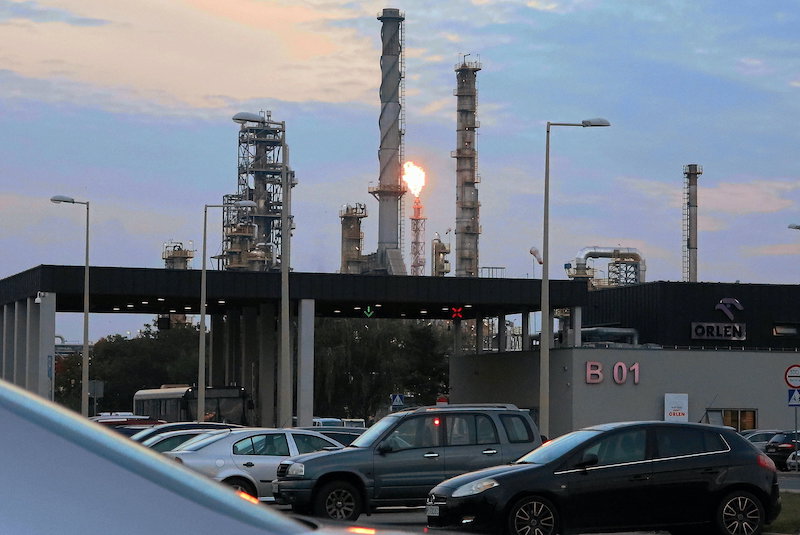
This weekend, Russia has announced that it will cut all oil and gas supplies to Poland. The Polish government claims this will not harm the economy because it is already importing oil from other countries. If this is the case, why has Poland been importing raw materials from Russia for months, worth hundreds of millions of dollars, allowing Russia to finance the war in Ukraine?
Russia first cut off Poland completely from gas in the second quarter of last year, and then did the same a few days ago with oil.
Before this happened, Poland was the largest importer of Russian oil in the European Union. Hypocrisy ensued: while the government loudly criticised other EU countries, especially Germany, for importing raw materials from Russia, it quietly did the same.
When Germany stopped all oil supplies from Russia from the 1 January 2023, the government in Warsaw continued to allow the black gold to flow from Moscow.
Why this discrepancy?
Perhaps the issue is about the huge profits which the state-controlled company Orlen has made thanks to cheap oil from Russia. Last year this amounted to 21.5 billion zlotys, or 5.2 billion euros.
This money goes into the state budget and towards the political projects of those in power. Thanks to this cash, Orlen has purchased several regional newspapers. Local media is often a propaganda vehicle for those in power and a vital tool in the upcoming parliamentary elections this year.
For those in power, staying in power is the overriding value. Poland could have diversified its energy resources much faster, and not had to rely so much on its old rival in the east. It is good that Poland is no longer importing Russian oil and gas, but this did not happen because of a decision by Warsaw. Ultimately, this was Moscow’s choice.

In 2022, electricity production in France decreased by 15% compared to 2021, to its lowest level in 30 years. To compensate, the country imported electricity for the first time since 1980.
This unprecedented situation, in the context of an energy crisis, is due to a drop in nuclear power generation. France’s reactors are ageing and half were shut down at the same time last winter for maintenance.
Yet the nuclear lobby is still strong: Europe’s attempt to move away from energy dependence on Russia has bolstered its case.
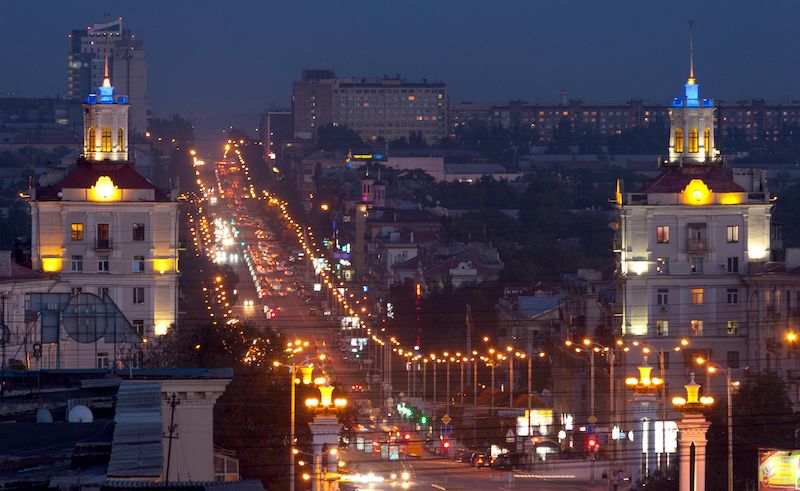
I enjoy my night light, though it’s located outside my apartment. Lamps on my street in Kyiv have a warm orange hue. It reflects on my walls, adding cosiness to the place where I stay.
Last year, I barely saw it. For several months after Russia’s full-scale invasion started, Ukraine switched to the dim mode. Lights could help the enemy detect or reach its targets, so the whole nation kept them switched off.
Once the occupiers were repelled from Kyiv, this low mode ended. But after 10 October, Russia massively attacked the Ukrainian energy infrastructure, and darkness came back.
I remember last November as a month when my colleagues were hastily searching for cafés with a diesel generator, so they could finish writing their articles. Our chat, once a place for sharing memes and planning barbecues, resembled a hackathon: we were talking about how to access the Internet without electricity, what we need to use car batteries at home, and where to find LED lights with a USB connection.
The hardest thing was knowing it would get worse: Ukraine didn’t have enough means of air defence at that time.
Now, for several weeks, there have been almost no blackouts in Ukraine. Thanks to the allies, army and electricians, our skies are far better protected, and the energy system is partially restored. It’s the Russian side which is exhausted now, having spent the bulk of their missiles.
After the windows in the opposite house became bright, street lighting also came back. My flat is cosier again. And my friends are wondering: could we ever imagine, back in November, that the light would return so fast?
It’s definitely not over yet. But Ukraine once again became an illustration of the inspirational phrase about the need to keep fighting even when the prospects are dark. Things can get brighter afterwards.
Thanks for reading the 21st edition of European Focus,
Maybe the last sentences of the last contribution to this issue were the most important ones, reminding us to hold back our fascination and not give in to the horrific possibilities that we don’t want to see happening.
Things can get brighter. And spring is almost here.
See you next Wednesday!
Teresa Roelcke


